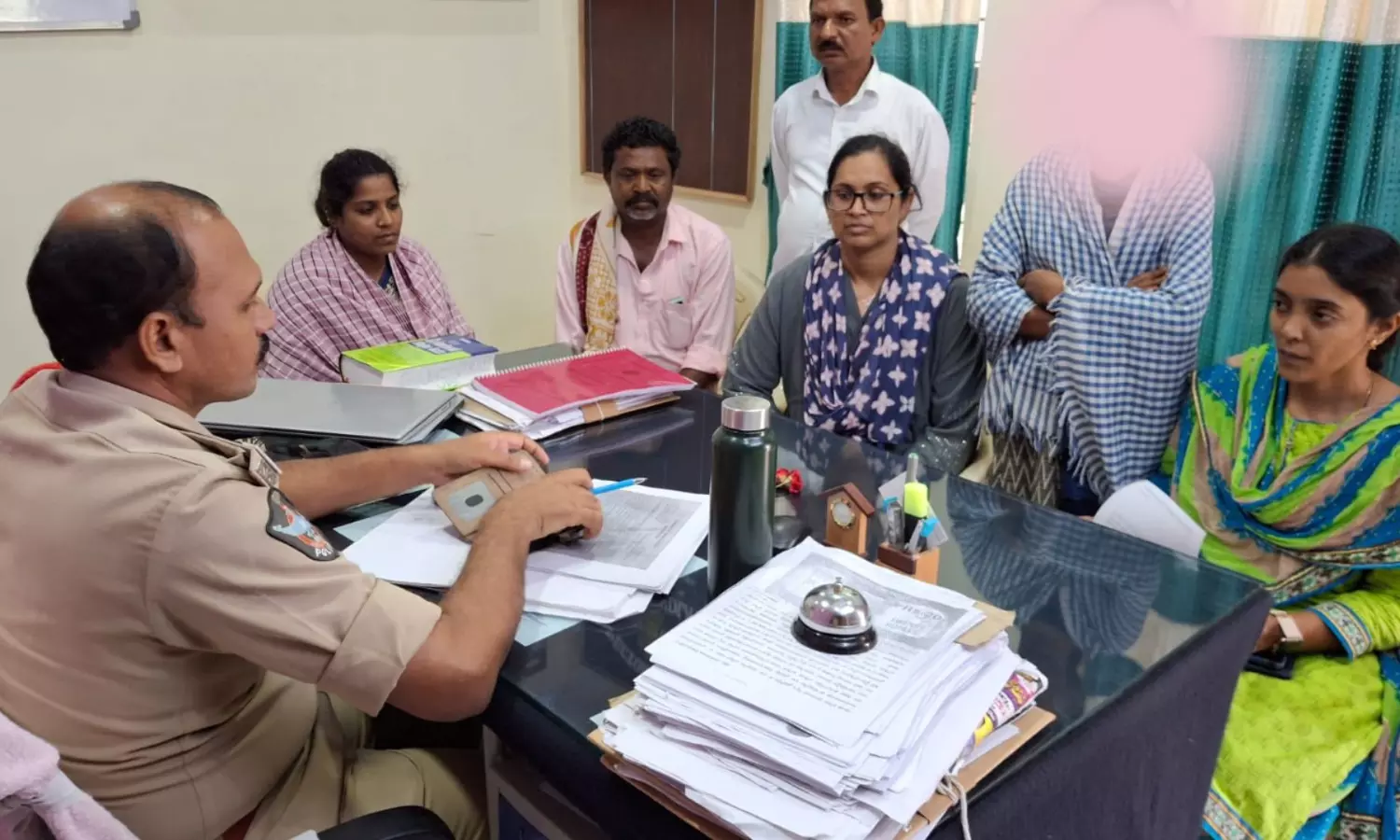Minor Girl Saved from Forced Marriage in Kurnool
Harmony Foundation, aided by police intervention, prevents the forced marriage of a 12-year-old girl in Kurnool district;

Pune: With the swift help from the police, Harmony Foundation, a Mumbai-based NGO, rescued a 12-year-old girl in the nick of time from being married off in Kurnool district in Andhra Pradesh.
The teenager, whose father passed away a couple of years ago, was formerly studying in Kurla East, Mumbai.
Later, her mother remarried, and the family relocated to Andhra Pradesh.
Harmony Foundation, through reliable sources discovered that the girl was being forced into marriage, which was scheduled for July 16.
The wedding card confirmed these distressing plans.
“We contacted Krishna Kanth, the superintendent of police of Kurnool district to take immediate action,” Dr Abraham Mathai, the founder-chairman of Harmony Foundation, and former vice chairperson of Maharashtra State Minorities Commission told Deccan Chronicle.
He said his NGO also managed to obtain the girl’s Aadhaar card from the school, confirming her birth in May 2012 and showing that she had turned 12-years-old in May 2024.
“Swift arrangements were made for her rescue and rehabilitation,” Dr Mathai said, adding that when the police reached the wedding venue, the girl’s relatives furnished a fake Aadhaar card in which her age was mentioned as 19 years.
But since the organization had obtained the school records, the wedding ceremony could be stopped in the nick of time, Mathai said.
He said child marriage is a grave violation of human rights that robs young girls of their childhood, education, and future opportunities.
“It reinforces cycles of poverty, illiteracy, and abuse and poses severe health risks due to early pregnancy and childbirth. Despite legal frameworks established in our country to prevent such practices, child marriage remains prevalent in various regions, driven by socio- cultural norms and economic pressures,” Dr Mathia rued.

